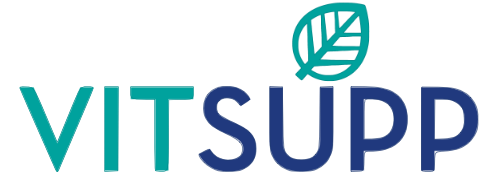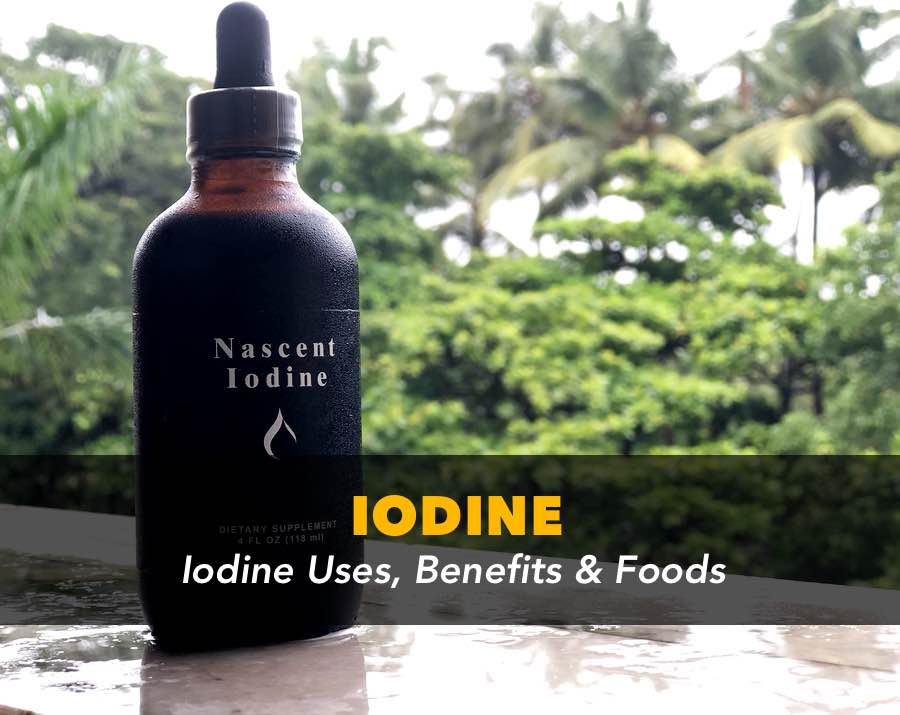Iodine content in the body is 20 to 30 mg. Out of this Iodine body content 8 mg is found in the thyroid gland. Iodine deficiency has become one of the most common problem worldwide. The major cause of iodine deficiency is inadequate intake due to low soil concentration, with resulting low concentration in crops. The iodine content of plants grown in iodine-deficient soil may be as low as 10 micro-gram/kg, compared with 1,000 micro-gram/kg for plants grown on soils with high iodine content.
Contents
Physiological Function of Mineral Nutrient Iodine
Iodine (I) is necessary to make thyroid hormone, a regulator of energy metabolism that is vital for normal growth and development, maintenance of body temperature, and brain development. Thyroxine (T4) contains 4 iodine atoms and trilodothyronine (T3) contains 3 iodine atoms, so iodine constitutes 65% and 59% of T4 and T3, respectively.
Dietary organic iodine is converted to iodide in the gut and absorbed throughout the gastrointestinal tract. Iodide is 100% bio-available.
Causes of Deficiency of Mineral Nutrient Iodine
Decreased Intake, Impaired conversion
Health concerns due to Iodine deficiency
Goiter, Hypothyroidism Hyperthyroidism, Fibrocystic breast disease
Neurological, Developmental, reproductive disorders
Iodine deficiencies are the leading cause of preventable mental retardation worldwide. Iodine deficiency is known to affect all stages of life.
For the fetus, it can lead to abortions, stillbirth, congenital anomalies, increased perinatal mortality, endemic cretinism and deaf mutism.
In the neonate, it can cause goiter, hypothyroidism, mental retardation and increased susceptibility of the thyroid gland to nuclear radiation. Neonatal screening can prevent neurological consequences of congenital hypothyroidism in infants after birth.
In children and adolescents, iodine deficiency can lead to goiter, sub-clinical hypothyroidism, sub-clinical hyperthyroidism, impaired mental function, retarded physical development and susceptibility of the thyroid gland to nuclear radiation.
Finally, in adults, the consequences of iodine deficiency are goiter, hypothyroidism, impaired mental function, spontaneous hyperthyroidism in the elderly, iodine-induced hyperthyroidism and Increased vulnerability of the thyroid gland to nuclear radiation.
Iodine deficiency coupled with high goitrogen intake for a long time period can bring about goiter. The combination of goitrogenic thiocyanides with selenium deficiency is a risk factor for endemic myxedematous cretinism.
Assessment of Iodine Mineral Status
Direct Markers: Urine
Functional Biomarkers: Serum T3, T4TSH, Blood spot, Thyroglobulin
Supplementation of Iodine
Children 2-12 years: 90-600 micro-gram
Adult male: 150micro-gram to 50mg
Adult female: 150micro-gram to 50mg
Buy Best or most Bio-Available or Active form of Iodine Supplement
Potassium Iodide and elemental Iodine
Food source of Iodine
Seaweed, shellfish, marine fish, iodized salts


